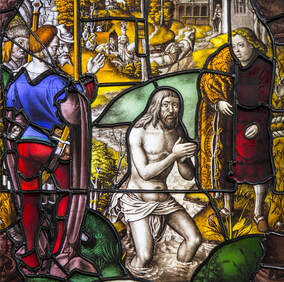The Healing of Naaman, V&A Museum in London
|
ServicesSundays: 10:00 AM
(Summer Hours) |
Thrift shop2nd & 4th Thursdays and 2nd & 4th Saturdays
each month. 10:00 AM - 1:00 PM |
|


 RSS Feed
RSS Feed

